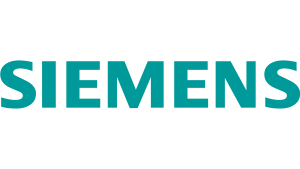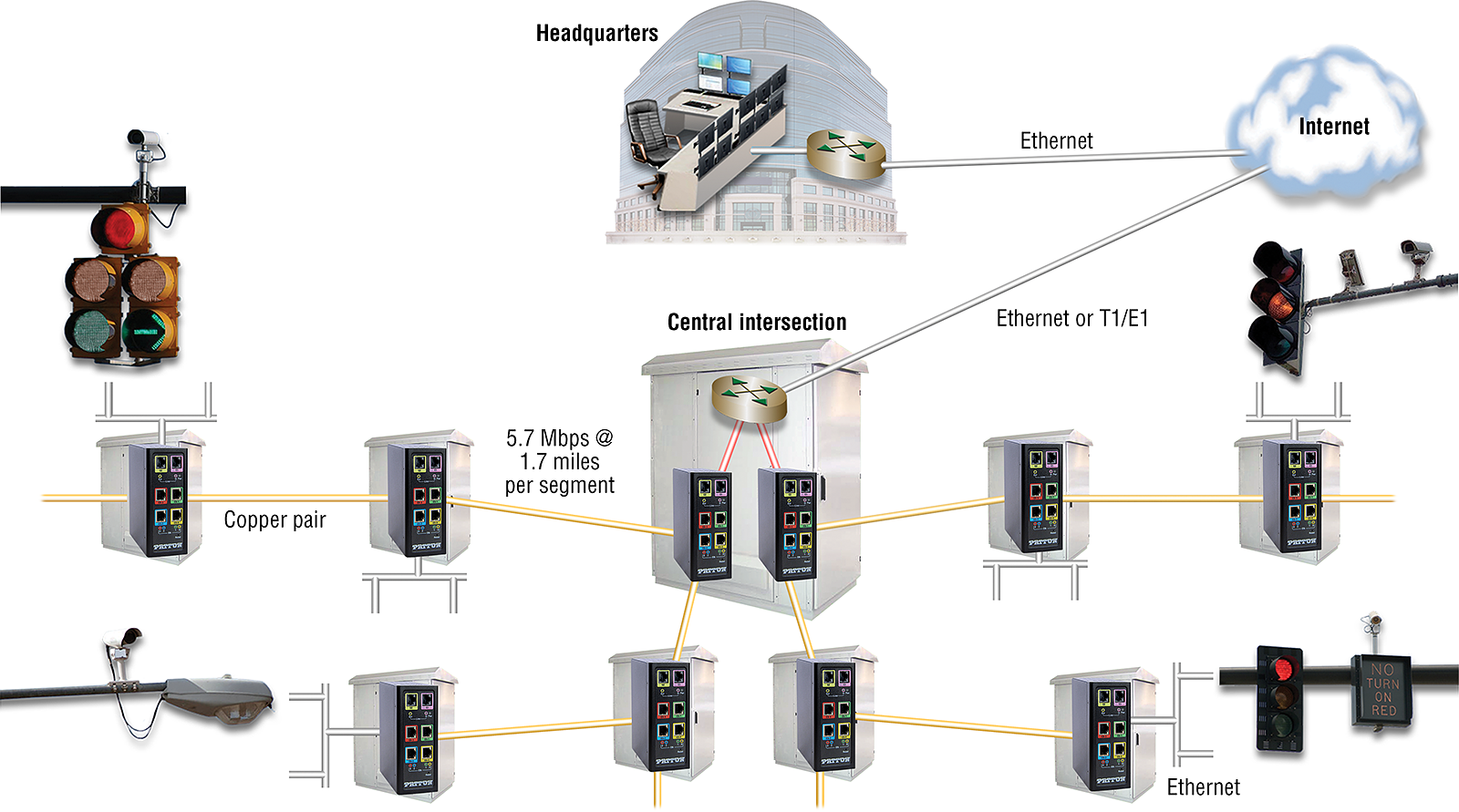Industrial networks
Industrial networking solutions are safe, reliable and robust
What is an industrial network?
As we know, networks are a medium for transmitting data. However, networks vary based on the amount of data being transmitted. Industrial networks are networks that deal with large-scale data transmission. This means that they allow us to connect different devices in large spaces and make communication between them possible by transferring large chunks of data between them.
Traditional networks may seem very efficient, but in reality, they are limited to a very small number of systems. Industrial networks are designed to meet real-time needs and the needs of a large number of systems.
In order for industrial environments to be information-driven, they need a strong foundation consisting of an industrial network architecture. It is very important to send the data to the right place, at the right time and with the right context. A network infrastructure based on standard Ethernet and IP enables data flow across your global company.
Industrial network equipment is a device that with high capability, efficiency and compatibility in different industrial environments, allows communication in different industrial conditions and places, and allows it to be easily converted and other equipment using Ethernet network. Industrial (Industrial Ethernet) was connected to industrial networks.
Industrial Nerwork Network
Industrial networks often require connections, cables and, most importantly, better stability. Industrial Ethernet uses specialized Ethernet protocols to achieve better stability. Most industrial Ethernet protocols are PROFINET, EtherNet / IP, EtherCAT, SERCOSS III and POWERLINK.With industrial Ethernet, data transfer rates from 10 Mbps to 1 Gbps or even 10 Gbps. However, 100 Mbps is the most popular speed used in industrial Ethernet applications.
Industrial networks are used to share information and facilities between controllers and equipment. An industrial network creates a path or gateway for data exchange. This path is like a road for cars to pass, except that in an industrial network, data is exchanged. A network protocol specifies how data is encoded, how it is sent and received, and other related matters. Before the invention of industrial networks, information was transmitted from sensors and operators to the controller by direct wiring, but with the invention of industrial networks and their use, it was possible that electrical signals were first converted into data and this data was transmitted to controllers by industrial networks.
For security reasons as well as for better performance at the industrial network level, it is recommended to separate the commercial network from the industrial network. The connection between the commercial network and the industrial network must be through a firewall to restrict access and provide security against external cyber attacks.
Some of the reasons for this difference are:
The operating temperature of the equipment may reach -40 degrees to +80 degrees.
In some industrial networks there is a strong electromagnetic noise.
Dust and high humidity may be present.
It is very important to consider the issue of redundancy in power and communication interfaces as well as processing layers.
Equipment must have explosion-proof standards.
Equipment must be resistant to vibration and shock.
To communicate with sensors and other equipment, the site must support various industrial protocols.
There is usually limited space and small dimensions are required for equipment.
Industrial network products and solutions include:
Industrial Ethernet switches
Ethernet fiber media converters
Industrial wireless device servers
Serial-to-Ethernet device servers
Products integrated with serial, Lan, and WLAN (IEEE802.11)
Port configurations equipped with fiber, SFP, Gigabit copper or 10 / 100MB, and PoE technologiesIndustrial network parts and equipment include reputable brands such as: Amphenol, ANALOG DEVICES ROHDE & SCHWARZ, PLANET, MOXA, ORing, Westermo, etc. Contact DVA for more information on the use of industrial network equipment.



